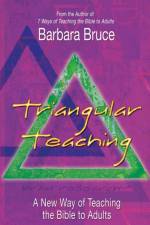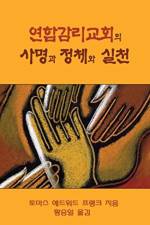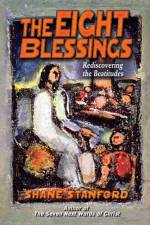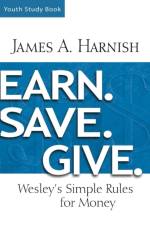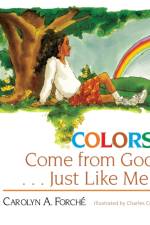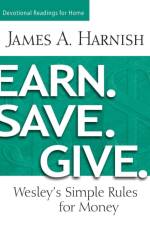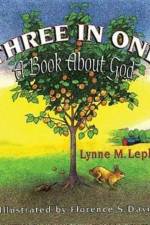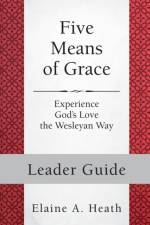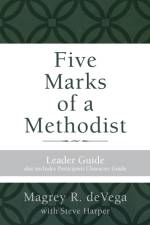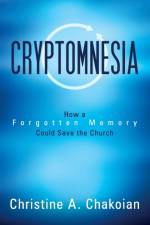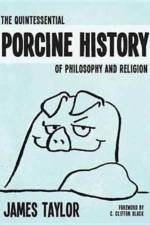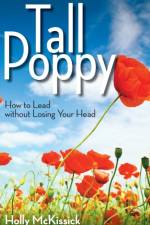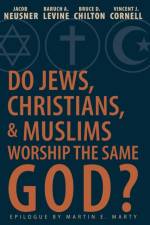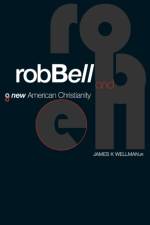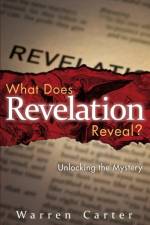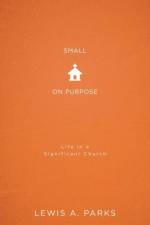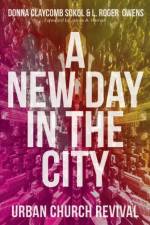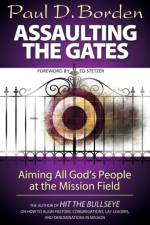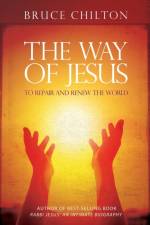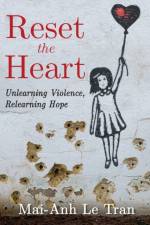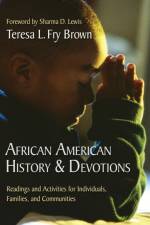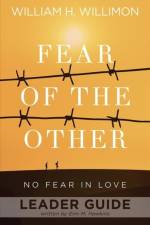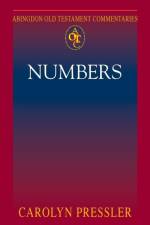av Julie Ann Duncan
577
The Abingdon Old Testament Commentaries provide compact, critical commentaries on the books of the Old Testament for the use of theological students and pastors. The commentaries are also useful for upper-level college or university students and for those responsible for teaching in congregational settings. In addition to providing basic information and insights into the Old Testament writings, these commentaries exemplify the tasks and procedures of careful interpretation, to assist students of the Old Testament in coming to an informed and critical engagement with the biblical texts themselves. The present volume gives an up-to-date, readable commentary on the book of Ecclesiastes. The commentary covers critical issues section by section while emphasizing the larger theological and literary issues in Ecclesiastes and illustrating its relevance for modern readers."e;The unique book of Ecclesiastes requires a unique kind of commentary, one that probes its ancient wisdom with critical deference, appreciates its frustrating ambiguity, and extends its insights in ways that are profoundly relevant for contemporary readers. Julie Duncan's treatment succeeds in every respect. Elegantly written, her commentary explores the book's ancient Near Eastern context in fresh ways and engages Qohelet's wisdom with some of the most pressing questions of our day, demonstrating that there may be ';nothing new under the sun' after all. Highly recommended for both student and scholar."e; - William P. Brown, William Marcellus McPheeters Professor of Old Testament, Columbia Theological Seminary "e;While the literary and historical context and the exegetical analysis are first-rate, the theological/existential reflections are simply superb."e; - Gerald Janzen, MacAllister-Petticrew emeritus Professor of Old Testament, Christian Theological Seminary"e;The beauty of Ecclesiastes is a subtle and mysterious one, simultaneously profound and poetic, reticent and reluctant to yield everything too quickly or easily; it repays only the most ardent admirers. We are particularly fortunate, then, to have this commentary from Julie Duncan, whose insights into the book are equally compelling, insightful, and beautifully poetic. This is theological-existential commentary at its best, a true interpretation of (not simply observations about) the text, an elegant treatment where one encounters Qoheleth in conversation with everything from Gilgamesh and Ahiqar to Shakespeare, Camus, Tolstoy, and T. S. Eliot to William James, Woody Allen, and Etty Hillesum. This is a beautiful commentary--one to be savored."e; - Brent A. Strawn, Professor of Old Testament, Emory University"e;Julie Duncan has gifted us with a beautifully written, truly empathetic reading of Ecclesiastes. Her artful treatment breathes grace and pathos even into Qohelet's most maddening conundrums, making Ecclesiastes more compelling than ever. Duncan's solid scholarship will rightfully stake a place in the landscape of Ecclesiastes commentaries, yet her teacher's voice remains accessible to students. By accenting her careful exegesis with insightful epigraphs and illustrations, she ushers our dialogue with Qohelet out of the past and into our own imaginations. Hurry, everyone! Organize your Ecclesiastes class now, because the perfect text has finally arrived!"e; - Lisa M. Wolfe, Professor, Endowed Chair of Hebrew Bible, Oklahoma City University';Julie Duncan's in-depth analysis of Ecclesiastes provides provocative insights into the text's literary and theological settings, thus averting the misunderstandings that have marred the history of this book's interpretation. With exquisite taste in words and metaphors, and with references to ancient and modern literature and contemporary life, the author takes the reader into the ancient writer's search for meaning, making this book a must for those who have always loved Ecclesiastes but aren't sure why.' Osvaldo D. Vena, professor of New Testament interpretation, Garrett-Evangelical Theological Seminary, Evanston, IL


